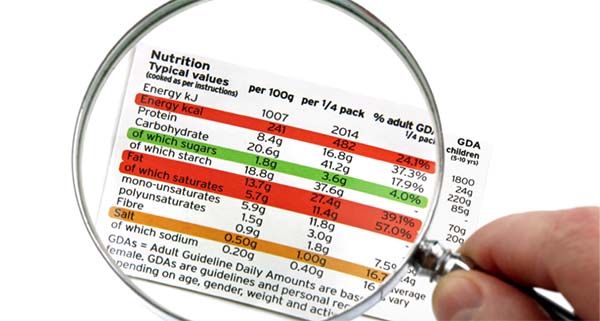
Parma ham, Parmigiano Reggiano, and Grana Padano are among the victims of the UK’s so-called ‘traffic light labeling’, according to the Italian farmers’ association Coldiretti.
HOW TRAFFIC LIGHT LABELLING AFFECTS ITALIAN FOOD SALES – It seems strange to take the view that the UK market also poses a risk on counterfeiting, as Coldiretti claimed and Nomisma’s data has shown. The warning was issued while the Council of Agriculture Ministers met in Brussels, which was expected to discuss the consequences of using traffic light labelling, as requested by Italy, among other countries. The traffic light labeling includes visual information about the nutrient content, assigned by a color, and the daily intake percentage. What matters for the Italian agricultural association is the EU failing to block the traffic light labelling sytem, which it says, “unfairly affects 60% of Italian production with wrong and misleading information.” Consequently, Coldiretti expressed concern that this decision was adopted by 98% of UK supermarkets, “hindering the free movement of goods and endangering some key sectors of Italian exports to the UK. For example, pre-portioned Parmigiano Reggiano lost 13% of market share in volume from 2013 to 2015, while the drop for Parma ham was 14%, according to research compiled by Nomisma.
THE SYSTEM DO NOT CONSIDERATE NUTRITIONAL VALUES – It all started with the nutritional labelling system adopted by the UK which is made up of red, yellow, or green stickers to indicate nutritional content. Coldiretti said that the traffic light signaling for the fat, salt, and sugar content is not based on the amount actually consumed, but only on the presence of certain substances. The system, claimed the Italian association, ends up excluding healthy foods from diets and instead promotes things like sugar-free carbonated beverages, misleading consumers on the actual nutritional value.
